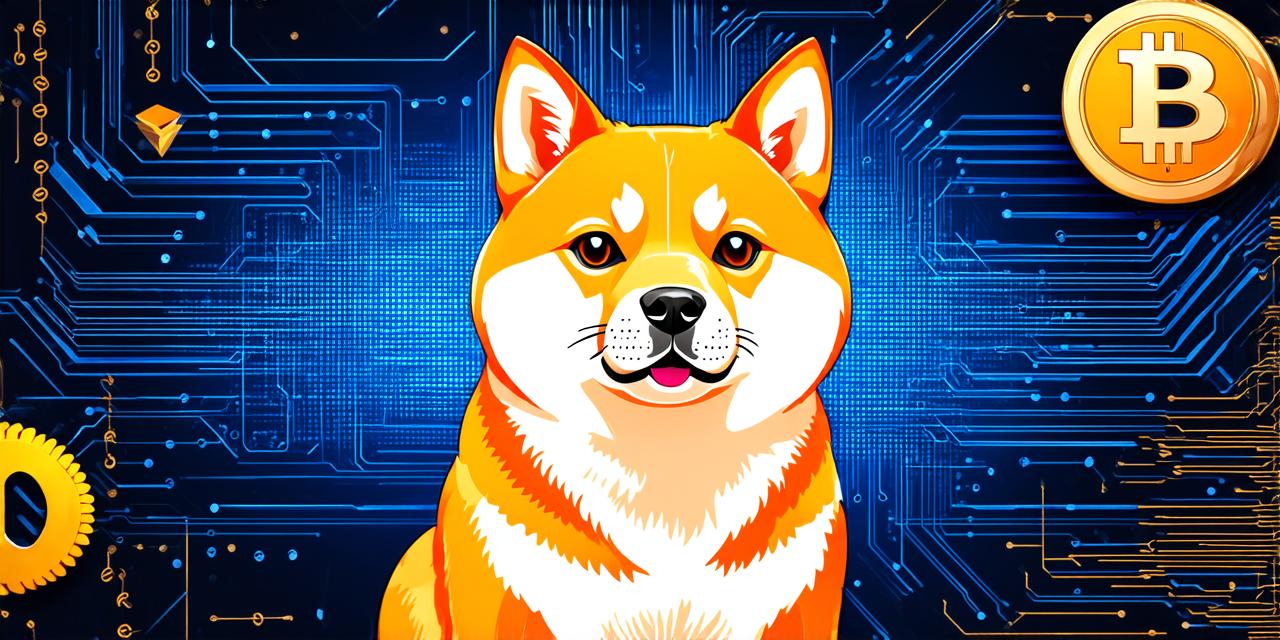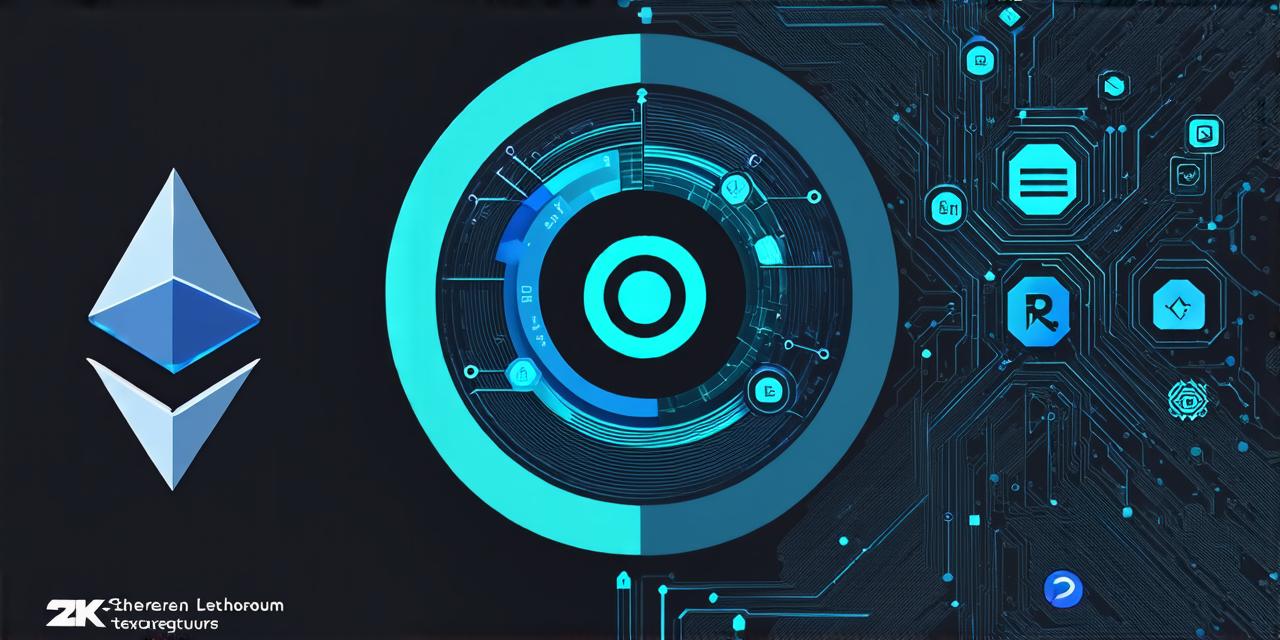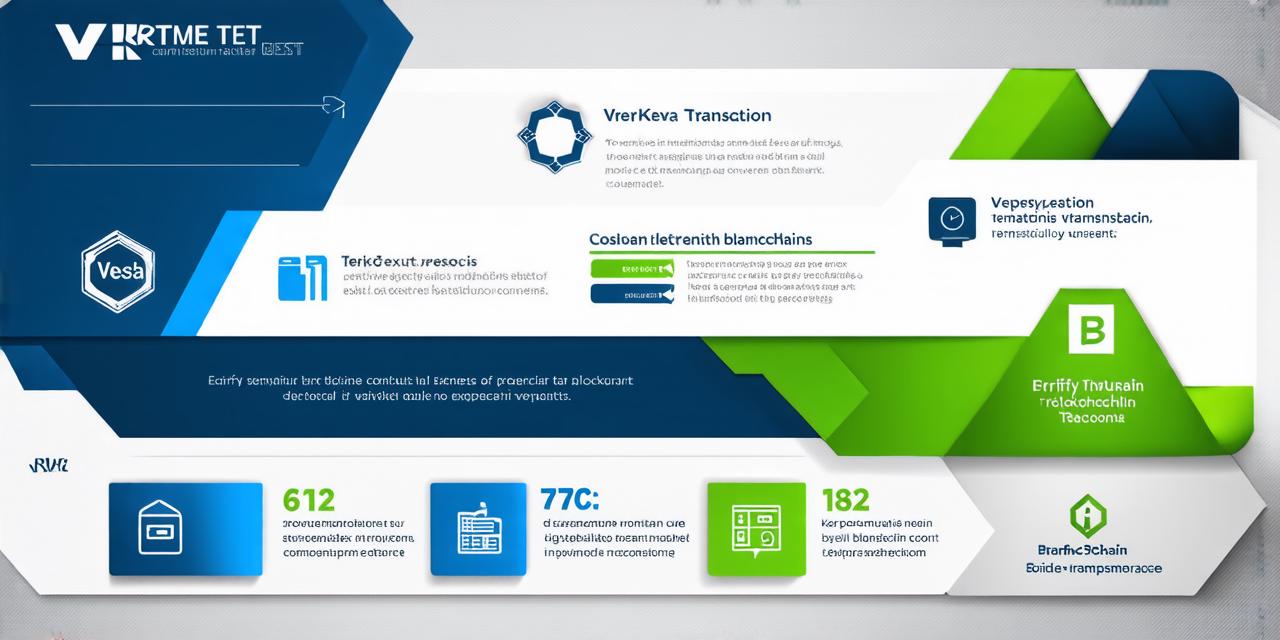Dogecoin, a popular cryptocurrency known for its unique characteristics and playful nature, was created on the Ethereum blockchain. However, it’s important to understand that Dogecoin is not just another Ethereum token, but rather a unique cryptocurrency with its own distinct features and purpose. In this article, we will explore what makes Dogecoin different from other Ethereum-based tokens and why it has gained such popularity among blockchain developers and users alike.
Understanding the Basics of Dogecoin
Dogecoin is a decentralized cryptocurrency created in 2013 by an anonymous person or group using the pseudonym “SatoshiDoge.” The currency’s name is inspired by the internet meme “Doge,” a character known for its playful and adorable nature. Dogecoin was initially designed as a joke, with no real intention of becoming a serious cryptocurrency.
However, the popularity of Dogecoin quickly grew due to its unique characteristics and use cases. Unlike other cryptocurrencies like Bitcoin and Ethereum, Dogecoin has a relatively small market capitalization and is not used for serious financial transactions. Instead, it’s commonly used as a tipping mechanism for online content creators and charitable donations.
The Benefits of Using Dogecoin on the Ethereum Blockchain
Dogecoin is built on the Ethereum blockchain, which offers several benefits that make it an attractive option for developers and users alike. Some of these benefits include:
- Scalability: The Ethereum blockchain has a high transaction throughput and can handle a large number of transactions per second. This makes it an ideal platform for applications that require fast and reliable transactions, such as online gaming and e-commerce.
- Decentralization: The Ethereum blockchain is fully decentralized, meaning there is no central authority controlling the network. This provides users with greater security and privacy, as their transactions are not subject to interference or manipulation by a third party.
- Smart Contracts: The Ethereum blockchain supports smart contracts, which are self-executing programs that automate complex business processes and can be customized to suit specific needs. This makes it easier for developers to build decentralized applications (dApps) on the Ethereum network.
- Community Support: The Ethereum community is large and active, with a dedicated following of developers and users who contribute to the platform’s growth and development. This provides developers with access to resources and support, as well as opportunities for collaboration and networking.
Using Dogecoin on Other Blockchains
While Dogecoin was initially built on the Ethereum blockchain, it can also be used on other blockchain networks. For example, Dogecoin is listed on several cryptocurrency exchanges, including Coinbase and Binance, which allows users to buy and sell the currency using a variety of payment methods.
Additionally, there are several dogecoin-based tokens that have been created on other blockchains, such as the EOS and Stellar networks. These tokens offer unique features and use cases, but they are not considered “real” Dogecoin. Instead, they are simply tokens that use the Dogecoin name and logo for marketing purposes.
Case Studies: Real-Life Examples of Dogecoin in Action
There are several real-life examples of Dogecoin being used in various industries and applications. Here are a few examples:
- Charitable Donations: Dogecoin is often used for charitable donations, as it’s an easy and accessible way to support causes that you care about. For example, the Doge4Water project raised over $300,000 in Dogecoin donations to provide clean water to communities in need.
- Online Gaming: Dogecoin is commonly used as a payment method for online gaming platforms, as it’s fast, reliable, and easy to use. For example, the popular video game Dota 2 has an in-game marketplace that uses Dogecoin as a payment method.
- E-Commerce: Dogecoin can be used as a payment method for e-commerce websites, as it’s accepted by many online merchants and provides users with a fast and reliable transaction experience. For example, the online retailer Overstock accepts Dogecoin as a payment method for purchases of up to $50.
Summary
Dogecoin is a unique cryptocurrency built on the Ethereum blockchain. It’s not just another token, but rather a currency with its own distinct features and purpose. The benefits of using Dogecoin on the Ethereum blockchain include scalability, decentralization, smart contracts, and community support. While Dogecoin can also be used on other blockchains, it’s important to understand that these tokens are not considered “real” Dogecoin and have different features and use cases.

In conclusion, Dogecoin is an innovative and playful cryptocurrency that has gained popularity among blockchain developers and users alike. Whether you’re looking to make a charitable donation or participate in online gaming, Dogecoin provides a fast, reliable, and accessible payment method that can be used on the Ethereum blockchain and beyond.



